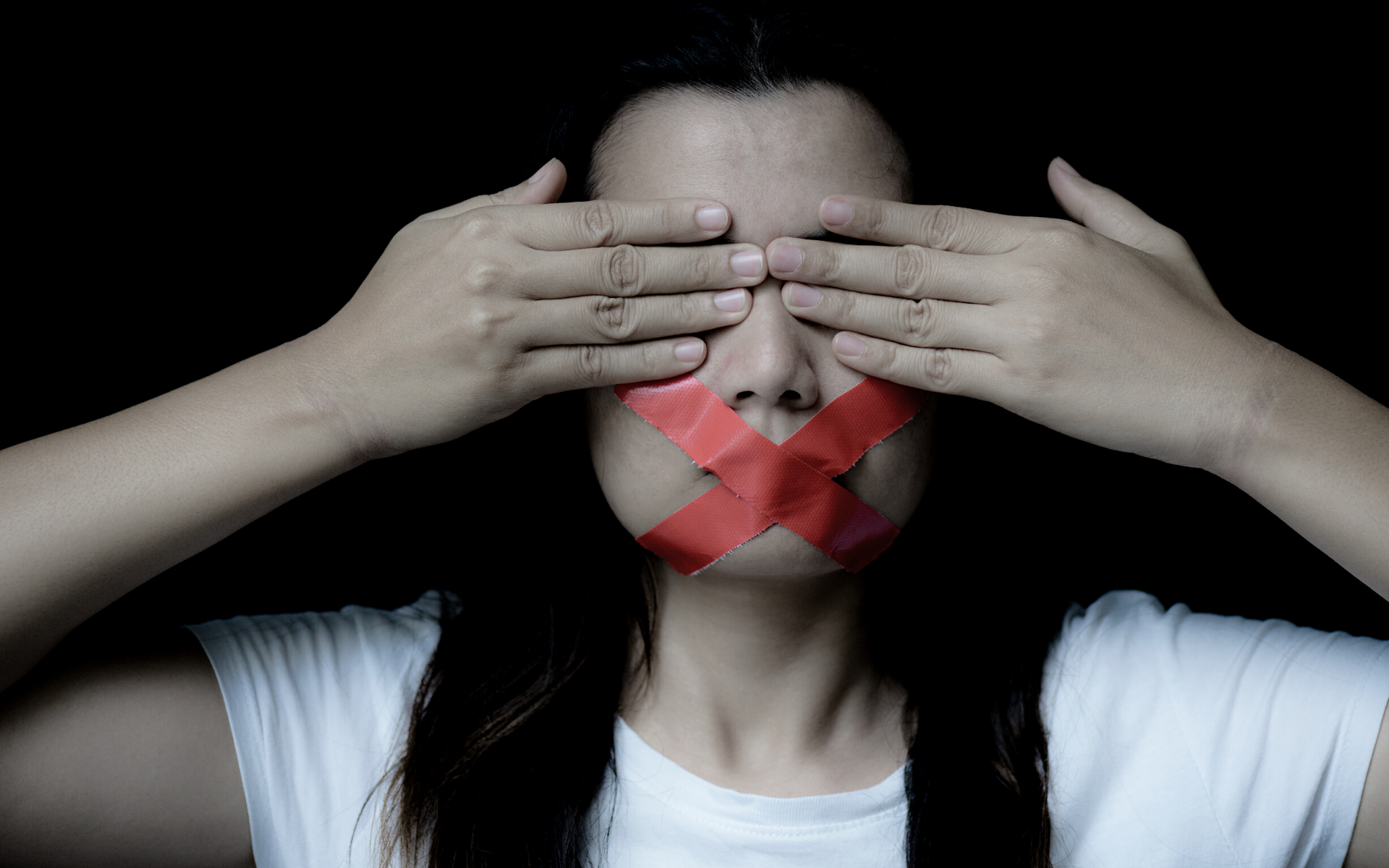Online reviews are everywhere these days. This digital form of word-of-mouth advertising gives consumers a voice while at the same time offering businesses a way to exude reliability.
In a survey by UNIZO West Flanders, more than 90% of respondents indicated that they always read the reviews of a business before they actually visit it. All well and good as long as everyone gives an honest and well-founded opinion. Unfortunately this is not always the case. For certain individuals, anonymity online will always offer an extra motivation to leave (exaggeratedly) negative or even untruthful reviews. As a consumer, should you be afraid to express your opinion in a review and what can you do as a company against disproportionately negative reviews?
Reviews and the right to free speech
Considering reviews can often make or break your business, they are of great importance. In principle, anyone can write reviews about products or services. The right to free speech is enormously broad and cannot be restricted. Websites like google or trustpilot may allow users to write negative reviews about companies, their products or services. In principle, the posting of reviews by these users themselves also falls under the right to free speech but, as will be shown below, some nuances need to be made.
Until when are you protected as a reviewer?
You should not tiptoe around your opinion when giving a review. However, there are some exceptions that you as a reviewer should watch out for or that you as a company can take action against. First, you should refrain from telling lies. This is due to the fact that false statements are not protected by the right to free speech. So basically, a review must be based on your own experiences with a company, its products and/or services. For example, posting a series of 1 star reviews, without additional explanation and without personal experience with the company, its products or services, will always be seen as a false review. If you as a consumer do not want to be held liable for a company’s reputation damage, it is therefore not a good idea to use online reviews to fight a personal feud.
When you have no (negative) experience with a company, its products and/or services, it is safer not to post a review. Even when your review is based on facts (e.g. the negative experience of an acquaintance), you can still be held liable if you do not act like a normally prudent person placed in the same circumstances. According to Article 1382 of the Civil Code, you are committing a wrongful act. Indeed, exercising the right to free speech in such cases is considered an abuse of law. In this regard, the Court of Cassation has already confirmed several times that the right to free expression is not a free pass for the civil liability rules. It will therefore always have to be concretely examined whether a review is justified by the right to freedom of expression.
If the court determines that a review is no longer covered by the right to free speech, the company may be entitled to damages. In principle, the company that receives a negative review must demonstrate concretely what damage it has suffered. For example, it will have to be proven what income was lost because of the negative review. The judge may only reasonably assess the damage if he indicates why the calculation method is not acceptable and if the damage cannot possibly be determined otherwise.
Below we list some of the criteria used to determine whether a review crosses the boundaries of free speech:
- when you have only a limited interest in the review but are causing significant harm to the business (e.g., a restaurant cooks your steak just a little too long but you write a review saying the food is disgusting);
- when you write a review solely to harm the business (e.g., you write a negative review of a family member’s competing business without actually being a customer;
- when there are several ways to express your opinion but you deliberately choose the way that would do the most damage to the business (e.g. instead of writing on tripadvisor that you were not satisfied with a guided tour, you post on all possible social media that the tourist service in question is an absolute waste of money);
- when there is an imbalance between the benefit you get from the review and the harm it causes to the business (e.g. because a new sushi place forgets to provide soy sauce with the delivery, you give them a 1-star review)
Crossing free speech boundries in practice: conviction in 2018
In 2018, the court in Liège ordered a customer to pay damages to a Quick restaurant in Seraing. According to the judge, the customer had not behaved like a normally careful customer, placed in the same circumstances (in this case, a normally careful social media user). The customer in question had published a video in which a larva could be seen in her food, without checking how that larva could have gotten there….
By purposely placing the responsibility on the owner (without, for example, checking to see if the larva had only fallen into her food outside the restaurant’s doors) and calling for the video to be shared, the customer committed a wrongful act, according to the court. Not insignificant, the Federal Food Safety Agency had concluded that there were no food safety issues at the restaurant. This also means that reviews are interpreted broadly and can include expressions of opinion on social media.
Companies that write reviews about other companies are also prohibited from writing false or inflated negative reviews that harm other companies. This can constitute a misleading market practice according to the Economic Code.
Finally, you are also not allowed to say anything in a review that is prohibited by criminal law. Among other things, you may not discriminate, incite hatred, violence, xenophobia or (in certain circumstances) express insults. In theory, these offenses can also be seen as press offenses.
What can you do as a company against a false or excessively negative response?
- First off, it is always a good idea to respond to false or negative reviews in a serene, understanding and friendly manner. That way, you make it clear to customers that you take complaints seriously and perhaps the person in question will take the review offline themselves.
- Usually you will not be able to remove the review yourself. However, it is possible to contact the administrator of the website to have a review removed if you think the review is false. For example, because a competitor posted it or because it is about someone who is not a customer. A request to the administrator will not always be successful in practice, but often reviews will be quarantined for a few days. This will give you time to come to a resolution with those involved.
- If the administrator refuses to take the review offline, it is possible to send a notice of default. However, this is only possible if you have the reviewer’s details. Unlike in the Netherlands, under Belgian law such a review platform cannot be forced to disclose personal information of the reviewer. The Court of Cassation already ruled in 2011 that only some parties such as judicial and administrative authorities can do this and that this possibility does not exist for a company that suffers damage. Of course, as a company you can demand the removal of these reviews or you can hold the review platform liable yourself. The latter, however, will be difficult since in most cases they are exempt from liability. The main focus is on the extent to which the review platforms actually monitor the reviews.
- As a last resort, you can take legal action against the reviewer (assuming you have his/her contact information). In any case, it is advisable to first consult a lawyer about the costs and chances of success for such a procedure. It is advisable to start with a civil procedure. Here you can ask for the removal of the review and possibly claim damages. In the past, such claims were already granted (see e.g. rb. Leuven 01.10.2012 and rb. Liège 27 November 2018). Secondly, it is also possible to initiate criminal proceedings, possibly against unknown persons. This can be done on the basis of slander and defamation. You can file the complaint yourself with the public prosecutor’s office or with the police. There is no guarantee that the complaint will be followed up. You therefore have a greater chance of success by lodging a complaint with the examining magistrate.
What we do for our clients
Sirius Legal can assist you with the drafting of notices of default as well as with conducting proceedings against management platforms, the creators of a false review or the creators of a negative review that falls outside the scope of protection of free speech. Of course, as a reviewer you can also turn to us when a company asks for compensation for damages.
Do you have a specific question or problem? Feel free to contact us or make a free appointment with our expert, Roeland Lembrechts (roeland@siriuslegal.be)
This article was written by Pieter Dirix

